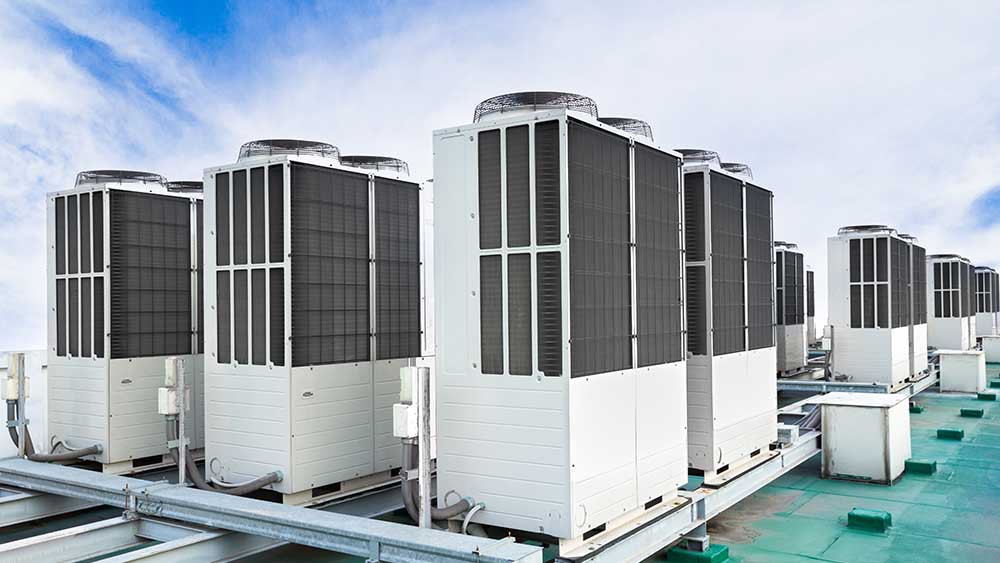Choosing the right heat pump for your home can significantly impact your comfort and energy costs. With numerous options available, making an informed decision can be daunting. We will explore the important factors to consider when selecting a heat pump in Hyde Park, NY, from energy efficiency to size, and provide a guide to help you make the best decision for your needs.
Understanding Your Home’s Heating and Cooling Needs
Before diving into the specifics of heat pumps, it’s crucial to understand your home’s heating and cooling requirements. Heat pumps are versatile systems that can heat and cool your home, but their efficiency and performance depend on the size and layout of your space. A heat pump can provide an excellent alternative to traditional heating and cooling systems if you live in a region with mild to moderate climates. To determine the size and capacity of the heat pump you need, consider the size of your home, the number of rooms, insulation quality, and the local climate. A professional can help conduct a heat load calculation to assess the appropriate size for your home, ensuring the system runs efficiently without overworking.
Additionally, the layout of your home can influence how evenly the heat pump distributes air. Open floor plans require a larger system to ensure consistent temperature control throughout, while homes with multiple floors or complex layouts require additional zones to optimize airflow. Understanding these factors helps you select the right system to provide consistent comfort year-round without wasting energy.
Efficiency Ratings and Performance
One of the most important aspects of choosing a heat pump is considering its energy efficiency. Heat pumps are rated using the Seasonal Energy Efficiency Ratio (SEER) for cooling and the Heating Seasonal Performance Factor (HSPF) for heating. The higher the rating, the more energy-efficient the unit will be. Heat pumps with higher efficiency ratings can reduce long-term energy costs by using less power to deliver the same comfort level. When shopping for a heat pump, look for units with high SEER and HSPF ratings to ensure maximum efficiency.
Additionally, consider whether you need an inverter-driven heat pump. Inverter technology allows the compressor to adjust its speed based on your home’s heating or cooling needs rather than always operating at full capacity. This results in smoother performance, lower energy consumption, and greater comfort. While inverter-driven systems might have a higher initial cost, they often save money over time through improved efficiency.
Types of Heat Pumps and Their Features
Different types of heat pumps are available, each suited to particular needs and environments. Air-source heat pumps are the most common and transfer heat between the inside and outside air. These are ideal for moderate climates where temperatures don’t typically dip too low. On the other hand, geothermal heat pumps use the earth’s stable temperature as a heat source, making them highly efficient, especially in extreme temperatures. While they have a higher installation cost due to the need for underground loops, they offer long-term savings and minimal environmental impact.
Water-source heat pumps are another option, suitable for homes with access to a lake, river, or well. These systems work similarly to geothermal pumps, but instead of using the earth’s temperature, they rely on the thermal properties of the water source. Choosing between these different types depends on your local climate, budget, and the availability of suitable land or water sources.
It’s also important to consider additional features like noise levels, Wi-Fi compatibility, and whether the system offers heating and cooling functions. Some heat pumps have smart technology that allows you to control the temperature remotely, providing added convenience and potential energy savings.
Installation and Maintenance Considerations
Installing a heat pump is a significant investment, and it’s essential to have it done by a qualified technician to ensure optimal performance. While you might be tempted to go for the cheapest option, selecting a well-reviewed installation service can make all the difference in your system’s longevity and efficiency. Poor installation can lead to many issues, from reduced efficiency to system breakdowns. A professional can also help you choose the correct placement for the unit to maximize its effectiveness.
Once your heat pump is installed, regular maintenance is necessary to keep it running smoothly. Regular cleaning of the air filters, coils, and drains, as well as periodic professional inspections, can extend the lifespan of your heat pump and maintain its efficiency. Some manufacturers recommend annual maintenance, while others, depending on your system’s complexity, may suggest bi-annual checks. Additionally, any debris or obstructions around the outdoor unit should be removed, as this can affect airflow and overall performance.
Choosing the right heat pump for your home is a multi-faceted decision that involves assessing your heating and cooling needs, considering efficiency ratings, selecting the appropriate type of system, and factoring in installation and maintenance requirements. It’s essential to evaluate all aspects of the system to ensure that it aligns with your budget, comfort preferences, and long-term goals. While the upfront cost of a heat pump may be higher, its energy efficiency and environmental benefits make it a valuable investment. By carefully considering these factors, you can select a heat pump that will provide reliable comfort for years.

